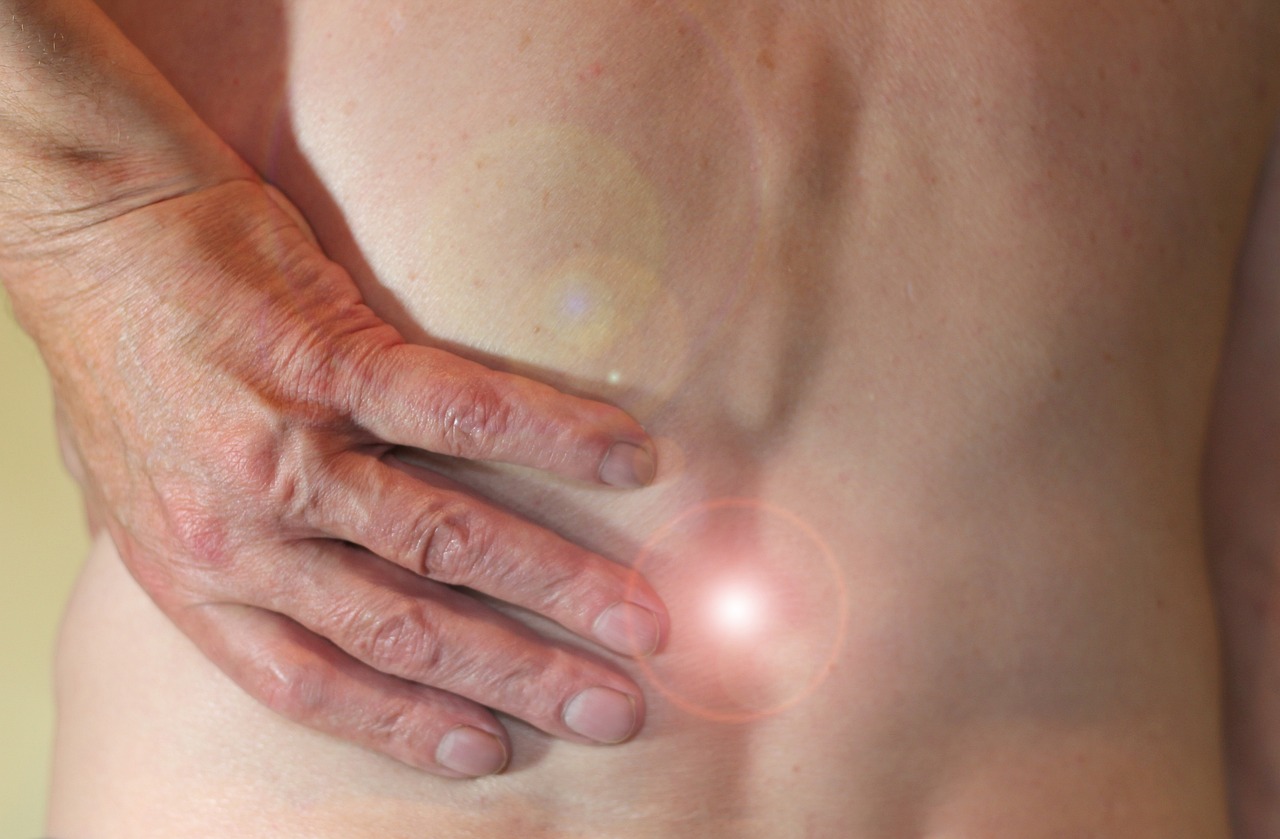Health and wellness are important parts of living your best life. Regardless of how much money you have or how many possessions you own, if you don’t have your health, your quality of life will be affected. Heart attack risk assessments are an important part of the health care system’s efforts to prevent the harmful and potentially life-threatening effects of unexpected heart attacks.
As a large percentage of heart attacks are preventative, risk assessments can educate people as to how their lifestyle could be increasing their likelihood of having a heart attack.
A Valuable Preventative Measure
Risk assessments are most valuable when their results are heeded. When a person gets a risk assessment done, they are likely getting it done because their risk factors are high and there is a concern about their health. Risk assessments can be requested by a patient due to concerns, family history, or symptoms, or can be order by a physician for the same reasons.
The old adage of prevention outweighing a cure is certainly true when it comes to health matters. People who are overweight are at an increased risk for a number of health complications, especially heart-attack related.
If a risk assessment reveals that a person’s weight is the main contributing factor to their risk of a heart attack, they can choose to integrate a diet and exercise change into their lifestyle that can greatly reduce that risk over time.
If diet and cholesterol are found to be the main culprits in the assessment, that is also an easy change. Many, with the help of a licensed dietician, make huge changes to their diet, and those results can also greatly reduce their initial Heart attack risk assessments.
Heart Health
Heart health is extremely important. It circulates blood, nutrients, and oxygen throughout the body, to all our muscles and our internal organs. This is an important aspect of keeping our entire body healthy and functioning optimally. Heart health affects numerous systems within the body, and heart attacks can be detrimental to our health, can be very difficult to recover from, can cause permanent damage, and even death.
In addition to getting an assessment done, knowing what signs to look for that indicate a heart attack is happening or about to happen is another important aspect of heart-attack prevention.
Heart Attack Signs
Signs of a heart attack differ between the sexes substantially, but common things to watch for are difficulty breathing, unusual heavy sweating, waking from sleep disturbed and unexpectedly, extreme and unexplained tiredness, cramping and pain in the chest.






